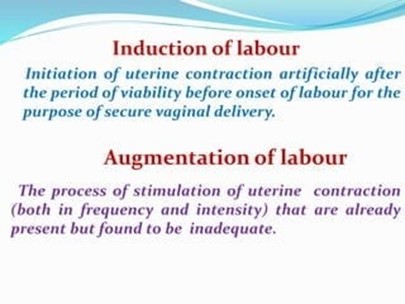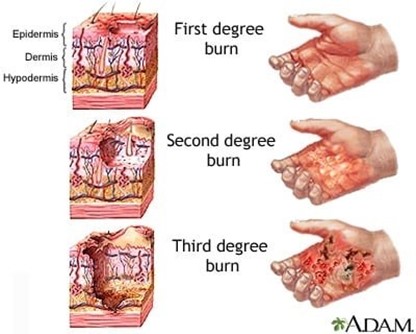When changing a diaper on a 2-day-old infant, the practical nurse (PN) observes that the baby's legs are flexed with limited abduction. Based on this finding, what action should the PN take next?
Perform range of motion to the joint.
Continue care since this is a normal finding.
Notify the healthcare provider.
Document the finding in the record.
The Correct Answer is C
Limited abduction of the legs in a newborn can be a sign of developmental dysplasia of the hip (DDH), a condition in which the hip joint is not properly formed. The practical nurse (PN) should notify the healthcare provider of this finding so that further assessment and appropriate intervention can be initiated.
Performing range of motion to the joint (A) is not appropriate without a healthcare provider's order. Continuing care as if this is a normal finding (B) is not appropriate because limited abduction of the legs in a newborn can be a sign of DDH. While documenting the finding in the record (D) is important, notifying the healthcare provider is the most important action for the PN to take next.
Nursing Test Bank
Naxlex Comprehensive Predictor Exams
Related Questions
Correct Answer is A
Explanation
In this situation, the practical nurse (PN) should coach the client to take slow, deep breaths during each contraction. The client has already been medicated with butorphanol and promethazine for pain relief and it may not be appropriate to administer another dose at this time. Instead, the PN can provide non- pharmacological pain relief measures such as coaching the client to use breathing techniques to help manage the pain during contractions. The other actions listed may also be appropriate in some situations, but coaching the client to use breathing techniques is the most appropriate action in this situation.

Correct Answer is B
Explanation
The priority action for the practical nurse (PN) to take while caring for a client that has just arrived in the emergency department with 2nd degree thermal burns to the right thigh, lower leg and foot, and reports severe pain in the right leg is to remove clothing and cover the burned area with a cool damp cloth. This will help to cool the burn and reduce pain.
Anticipating rehydration of 1000 mL/6 hr. with normal saline (Option A) is an important intervention for burn patients, but it is not the first priority. Completely flushing the burned area with water or sterile saline (Option C) may be appropriate in some cases, but it is not the first intervention that should be implemented. Collecting data such as vital signs, blood gases, height and weight (Option D) is also important, but it is not the first priority.

Whether you are a student looking to ace your exams or a practicing nurse seeking to enhance your expertise , our nursing education contents will empower you with the confidence and competence to make a difference in the lives of patients and become a respected leader in the healthcare field.
Visit Naxlex, invest in your future and unlock endless possibilities with our unparalleled nursing education contents today
Report Wrong Answer on the Current Question
Do you disagree with the answer? If yes, what is your expected answer? Explain.
Kindly be descriptive with the issue you are facing.
